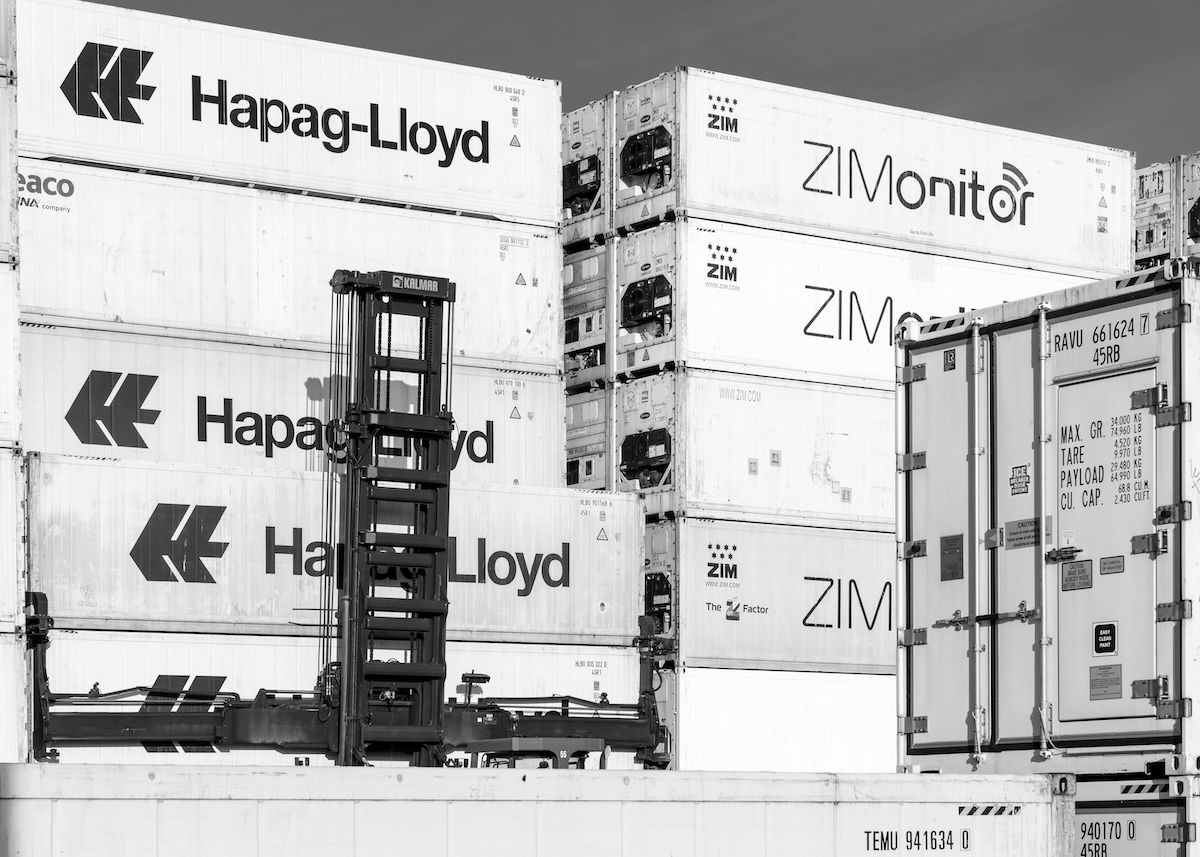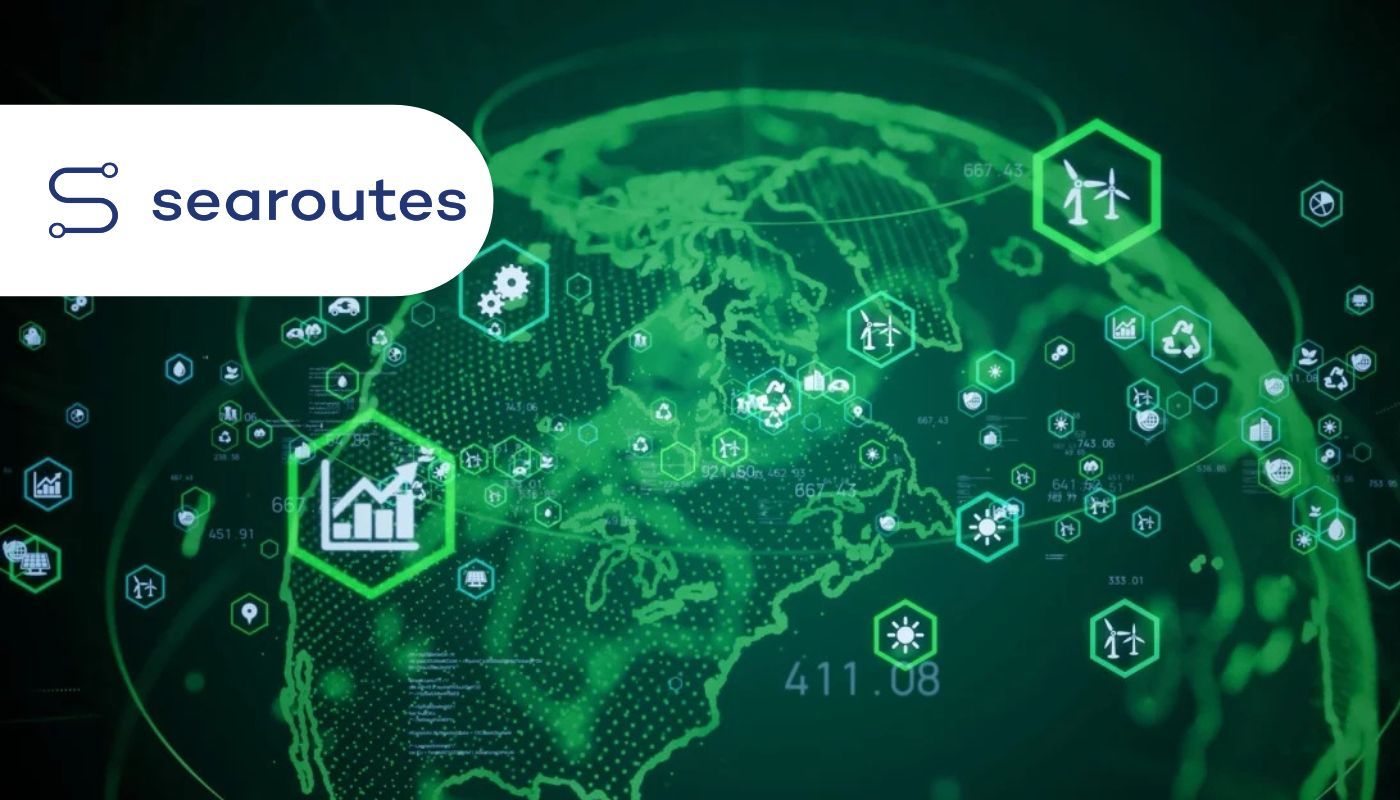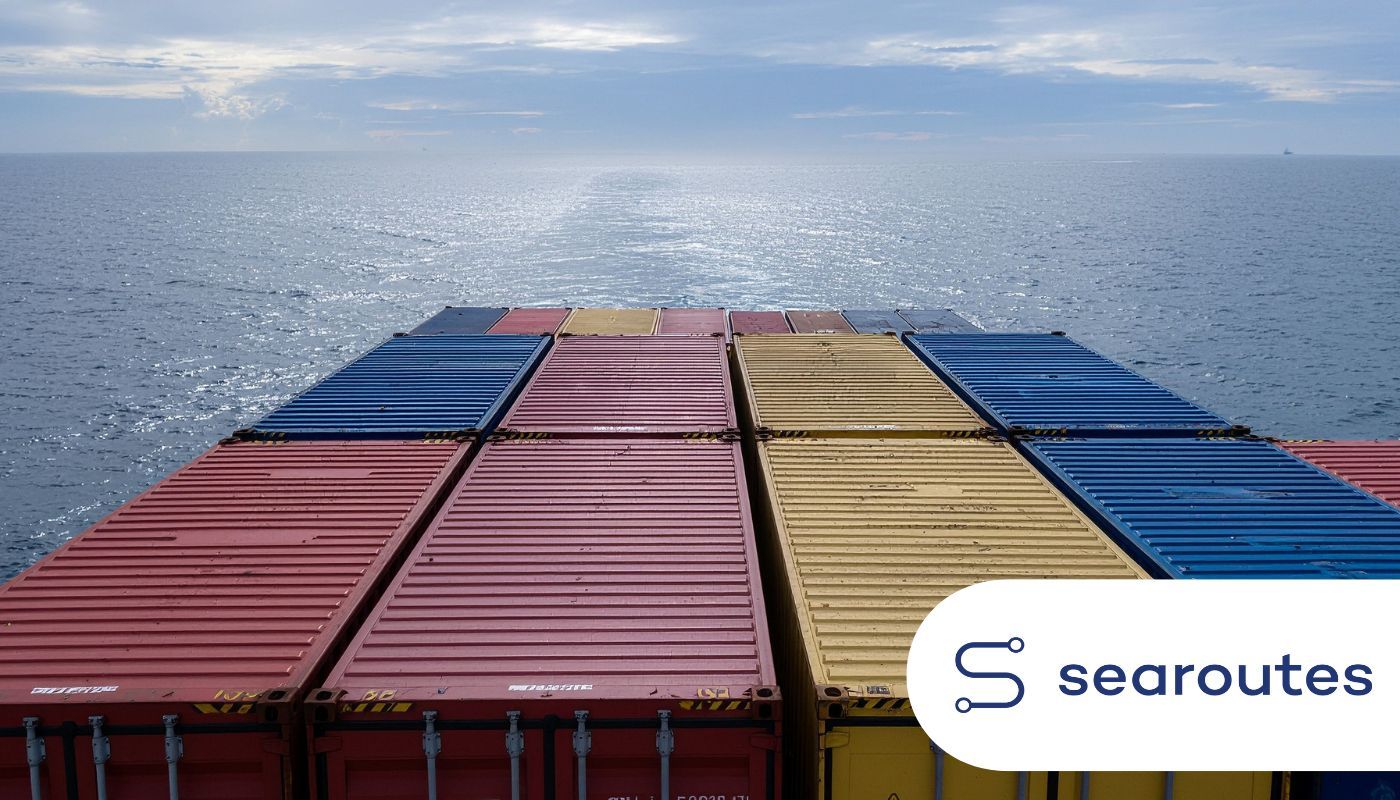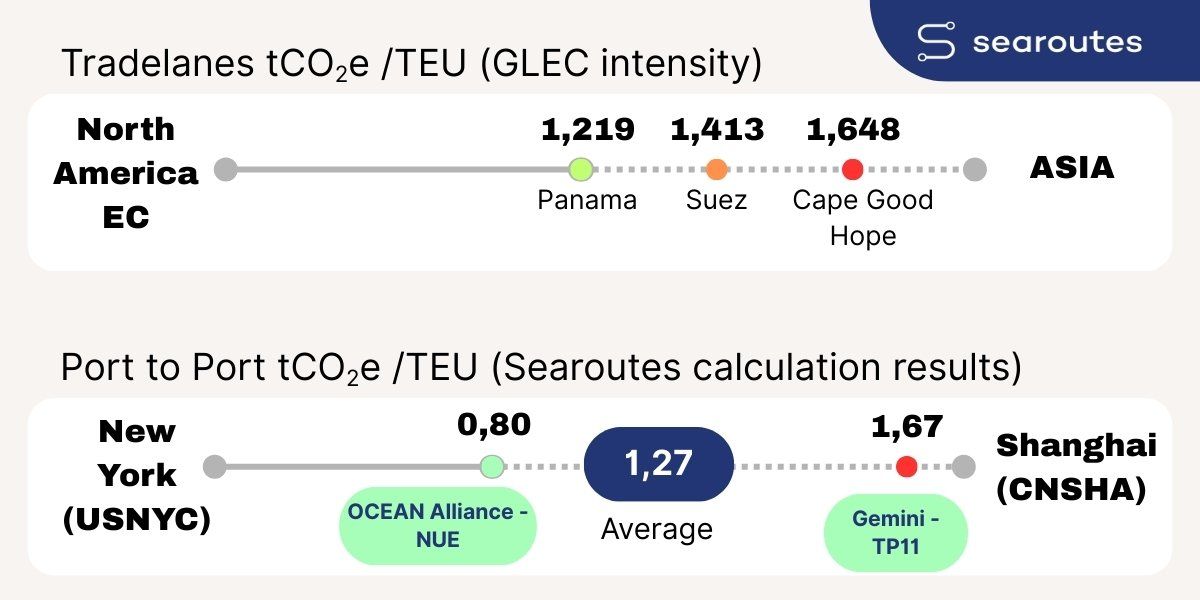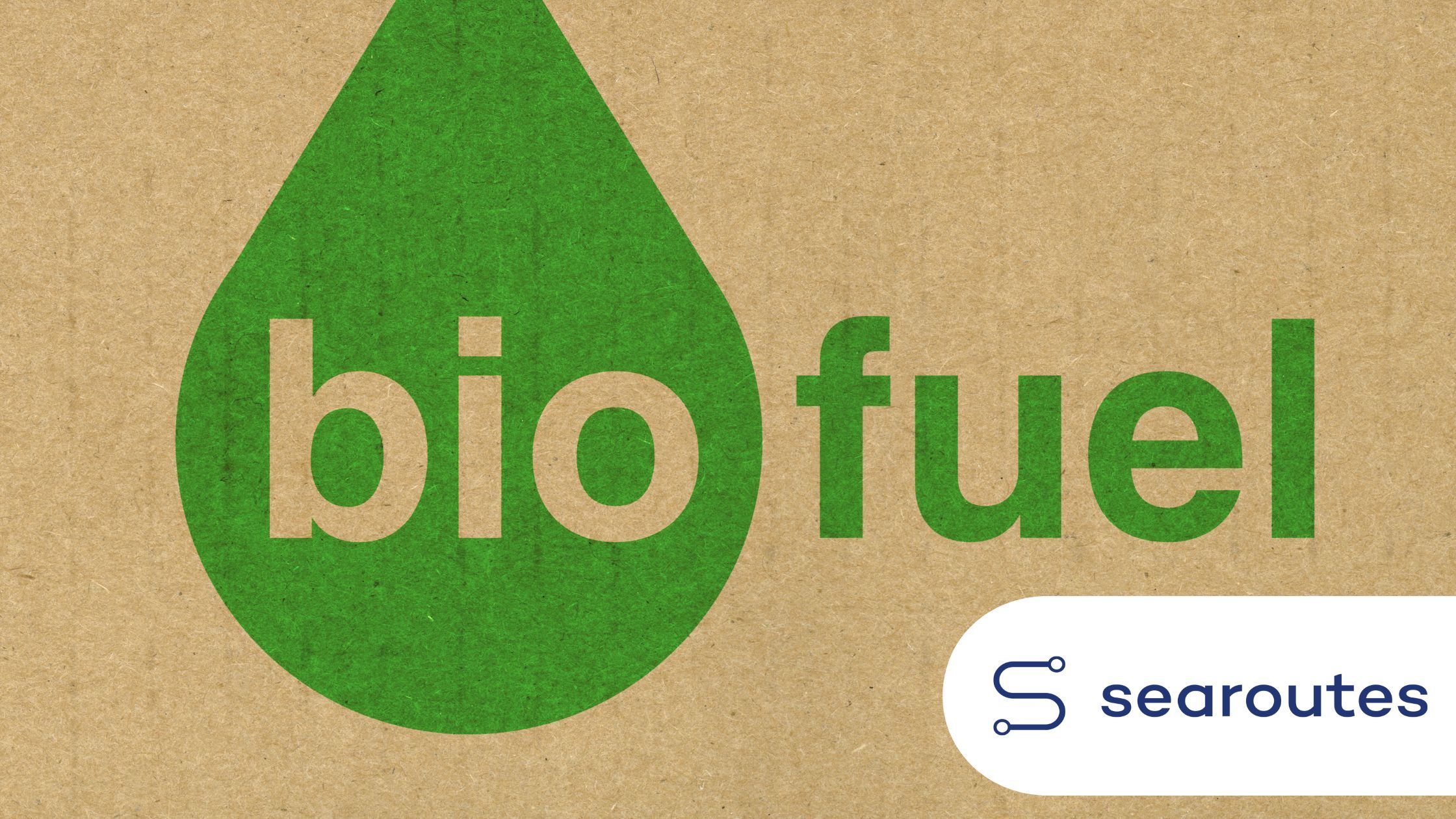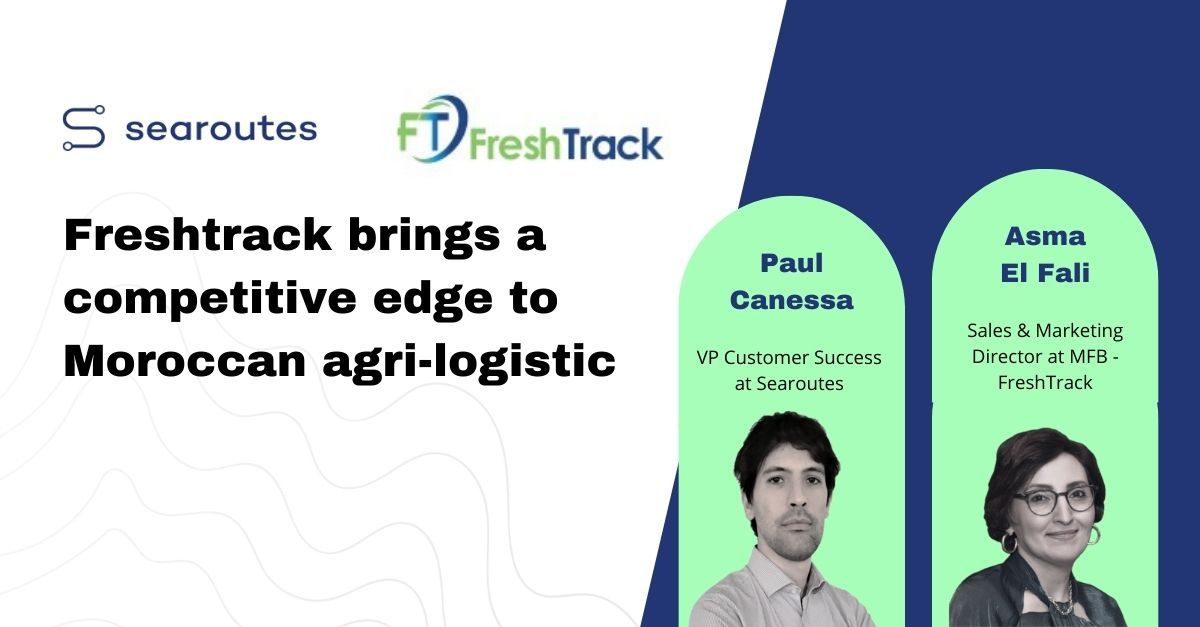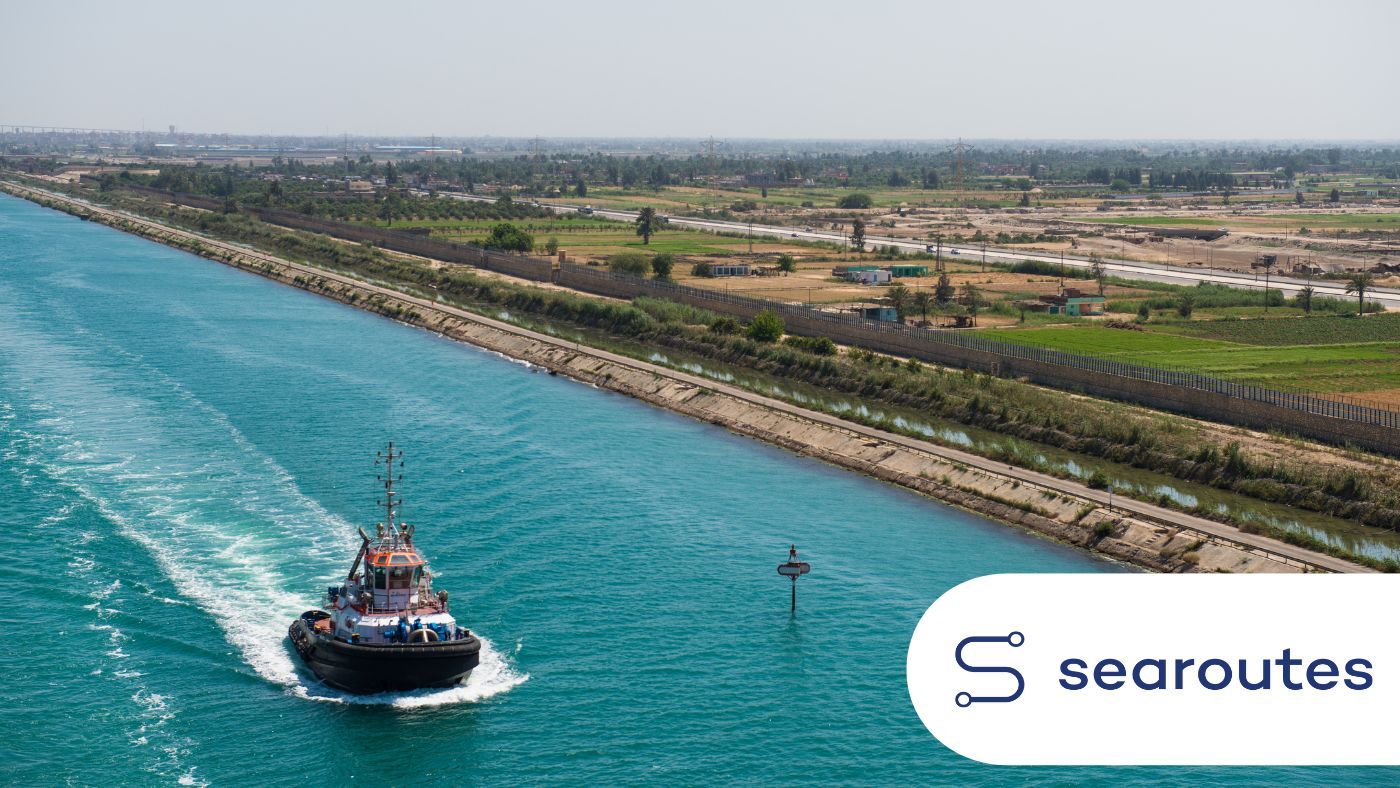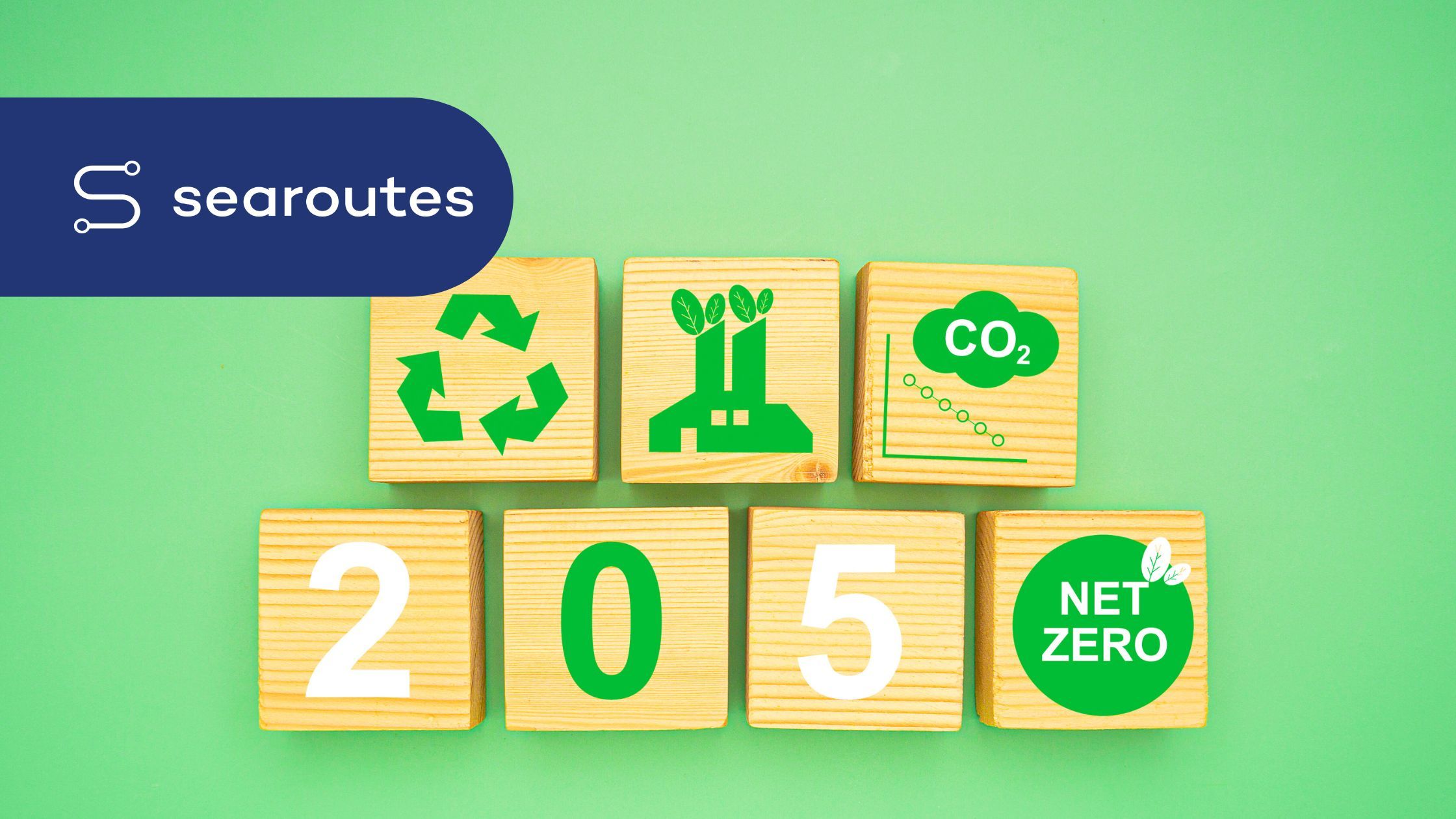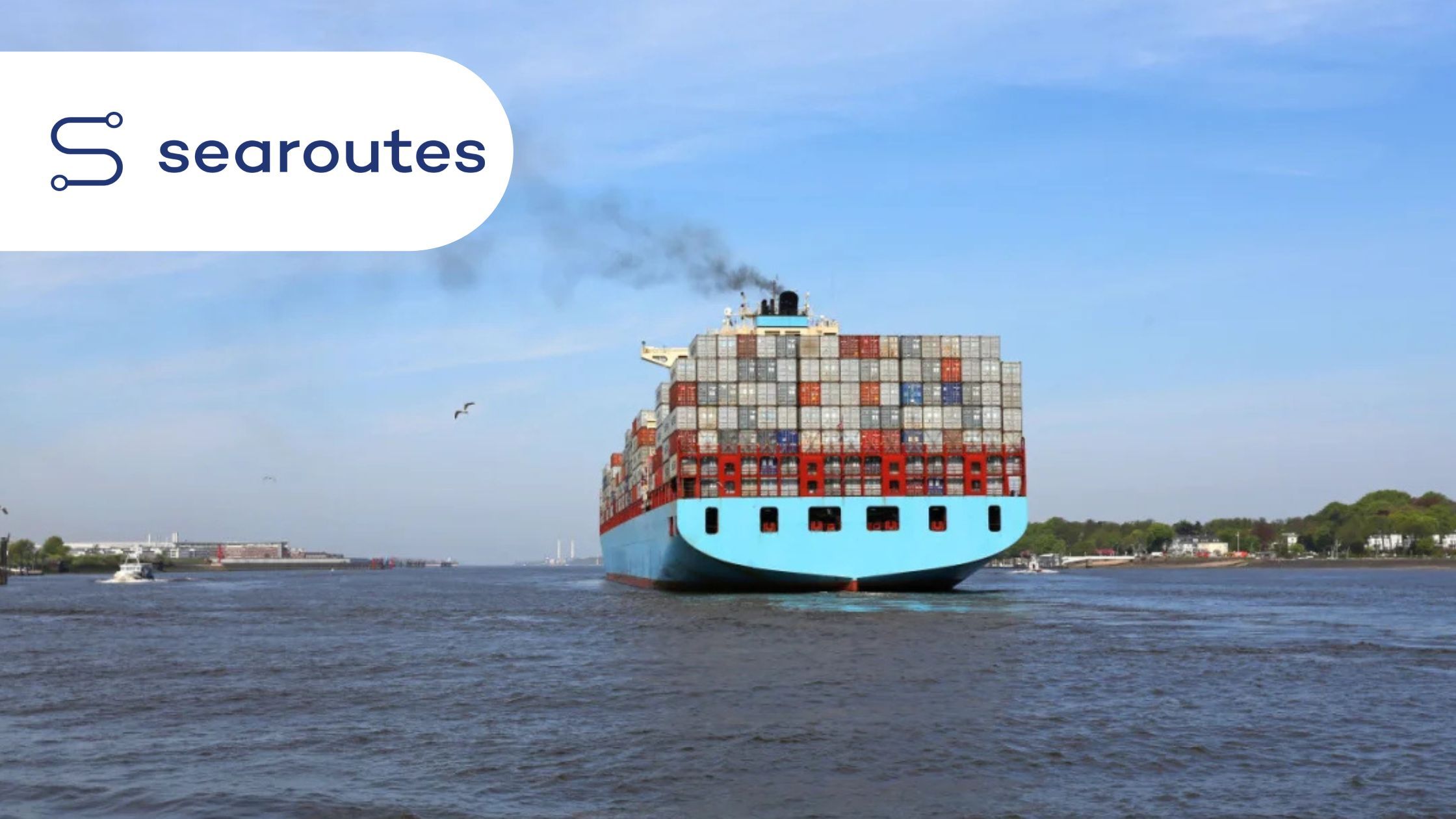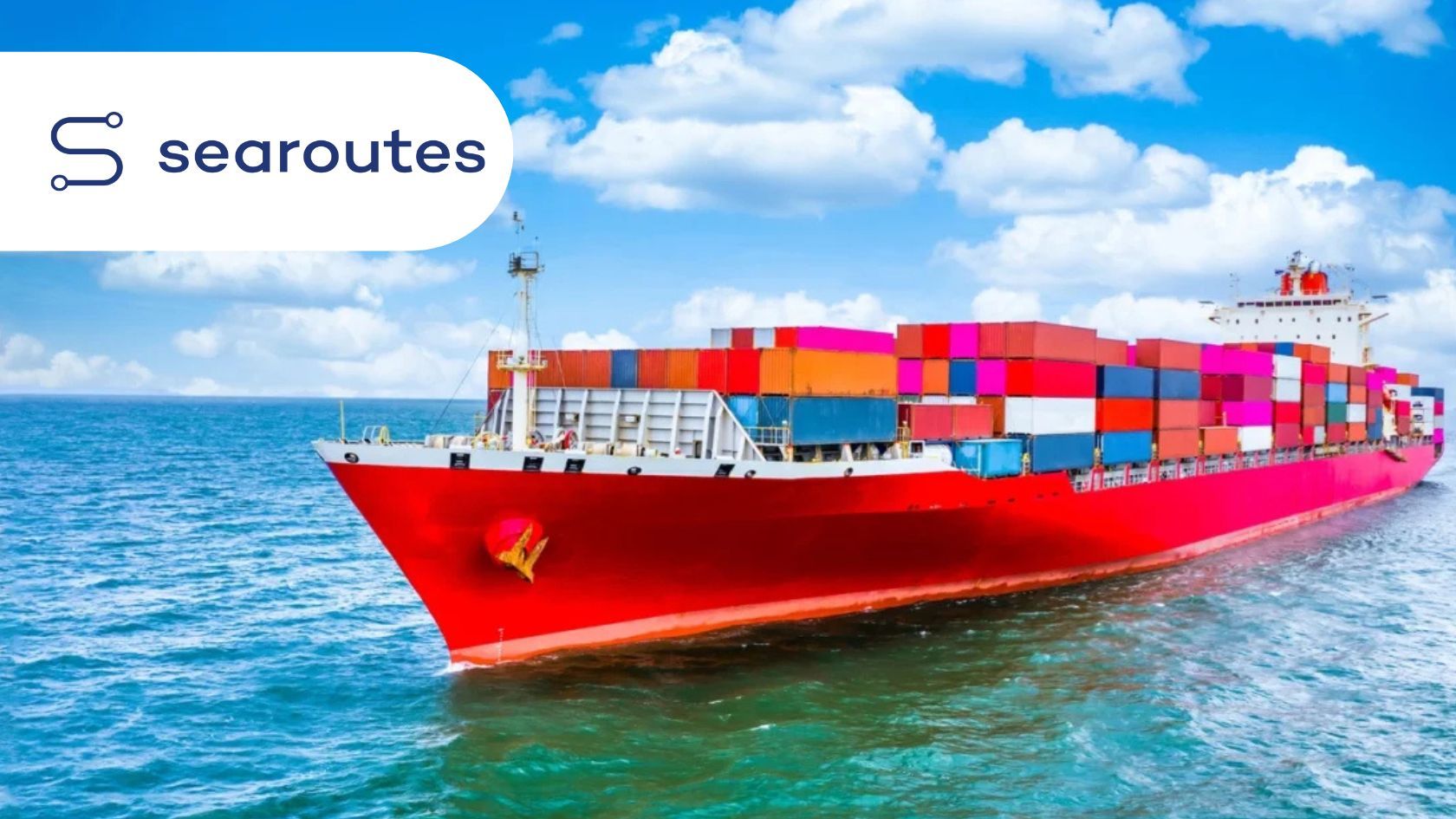From January 2026, the EU ETS covers 100% of emissions on EU-related voyages and now includes methane and nitrous oxide for the first time. With LNG-heavy carriers facing new cost exposure and green methanol infrastructure still limited, your carrier selection has never...
How to Select a Sustainable Freight Forwarder in 2026: 11 Essential Tips for Carbon Emission Reduction
Introduction: The Rising Demand for Sustainable Freight Forwarding
In 2026, the global logistics industry faces unprecedented pressure to decarbonize. With shipping responsible for nearly 3% of global greenhouse gas emissions and regulatory frameworks in place worldwide,...
EU ETS in 2026: Why Shippers and Forwarders Can’t Afford to Ignore the Rising Cost of Carbon
EU ETS surcharges have jumped from 1% to 6-12% of shipping costs since 2024. Discover how to reduce your freight expenses through strategic carrier selection.
Scope 3 Emissions Reduction Strategies: Proven Methods to Cut Supply Chain Carbon Impact
Scope 3 emissions account for up to 90% of most companies' total carbon footprint, making supply chain decarbonization essential for meaningful climate action. This comprehensive guide reveals three proven strategies that can reduce transportation emissions by 20% to 80%:...
How Shippers Can Slash EU ETS Costs with Sustainable Biofuel Programmes
From 1 January 2026, the EU ETS will require shipping companies to account for 100% of their CO₂ emissions on EU-related voyages, increasing compliance costs. However, major carriers now offer biofuel programmes that can help shippers reduce or offset these costs. This article...
How Freshtrack brings a competitive edge to Moroccan agri-logistic
FreshTrack’s AI-powered platform, combined with Searoutes’ carbon emissions data, is revolutionizing agri-logistics. Learn how real-time carbon tracking, dynamic dashboards, and route optimization help exporters cut emissions, comply with regulations, and win eco-conscious...
Red Sea Reopening Rumours: Weighing the Emissions Benefits and Ongoing Challenges
As rumours circulate about the Red Sea and Suez Canal reopening, the shipping industry weighs the potential emissions benefits against ongoing geopolitical and operational challenges. With rerouting via the Cape of Good Hope increasing emissions by up to 70%, a return to Suez...
GLEC v3.2 for ISO 14083 compliance – Framework update
The GLEC Framework v3.2 (2025) introduces groundbreaking updates, including a new air pollutant emissions module and alignment with ISO 14083. Learn how this framework helps businesses achieve sustainable logistics, comply with global standards, and reduce their carbon footprint.
EEXI and CII: Guide to Shipping’s Sustainability Regulations with 2026 -2028 outlook
The IMO’s EEXI and CII regulations are reshaping shipping sustainability. This guide explains compliance requirements, 2026–2028 updates, and how shipowners can prepare for stricter carbon intensity targets.
EU ETS 2026: What Shippers and Carriers Need to Know About Full Compliance and Rising Costs
The European Union’s Emissions Trading System (EU ETS) reaches a critical milestone in 2026, with 100% of CO₂ emissions from maritime voyages now subject to carbon pricing. For the first time, methane (CH₄) and nitrous oxide (N₂O) will also be included, significantly...
